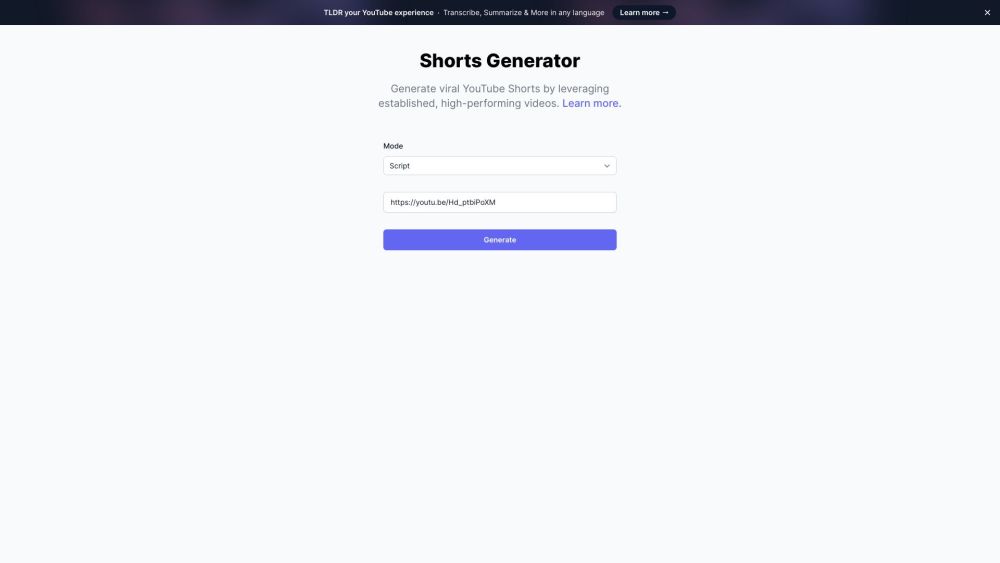It’s that time of year again: the week when startups from Y Combinator’s latest batch showcase their innovations to the media and potential investors. Over the next two days, around 217 companies will present, marking a slight decrease from last winter’s cohort of 235 firms as venture capital interest has experienced a minor dip.
In the first half of 2023, venture capitalists funded nearly 4,300 deals, totaling approximately $64.6 billion. While this figure seems substantial, it actually reflects a 49% decline in deal value compared to H1 2022 and a 35% drop in deal volume year-over-year.
On a positive note, one segment is significantly outperforming others: Artificial Intelligence (AI). According to CrunchBase, nearly 20% of total global venture funding from August to July was attributed to the AI sector. This summer’s Y Combinator cohort includes more than double the number of AI startups (57 compared to 28) compared to the winter 2022 batch, highlighting the fervor and demand within this space.
To explore which AI technologies are currently attracting investment, I examined the summer 2023 cohort, identifying the most differentiated and promising YC-backed AI startups.
AI Infrastructure Startups
Several startups in this Y Combinator cohort are focusing on essential tools and infrastructure for developing AI from the ground up. For example, Shadeform offers a platform that enables clients to access and deploy AI training and inferencing workloads across any cloud provider. Founded by data engineers Ed Goode, Ronald Ding, and Zachary Warren, Shadeform aims to ensure that AI jobs are executed on schedule and at “optimal cost.”
As Goode points out in a blog post on the Y Combinator website, the rising demand for AI model hardware—especially GPUs—has contributed to a capacity shortage. Some smaller providers are emerging, but they often fail to deliver consistent resources, complicating scalability.
Shadeform addresses this issue by allowing users to deploy AI jobs across public cloud infrastructures seamlessly. With its platform, companies can manage GPU instances on various providers from a single interface, utilizing “auto-reservations” when the required machines are available or deploying across server clusters with a single click.
Another fascinating startup tackling AI operational challenges is Cerelyze, founded by former Peloton AI engineer Sarang Zambare. Cerelyze is Zambare’s second Y Combinator venture after he led the AI team at cashier-less retail startup Caper.
Cerelyze transforms AI research papers—often available on open-access platforms like Arxiv.org—into functioning code. Many papers explain AI techniques with formulas but lack accompanying code, leaving developers to reverse-engineer the methodologies to create actionable models and applications.
By combining AI models that understand language and code with PDF parsers designed for scientific content, Cerelyze automates this implementation process. Users can upload a research paper, ask natural language questions about its content, generate or modify code, and run it directly in the browser.
While Cerelyze currently translates only a limited subset of papers and can extract equations and tables (not figures), it presents a compelling concept with the potential to evolve and improve with time and the right investments.
AI Development Tools
Another developer-focused startup, Sweep, autonomously handles minor development tasks such as high-level debugging and feature requests. Founded this year by William Zeng and Kevin Lu—both with backgrounds at the gaming and social networking platform Roblox—Sweep emerged from their experiences with mundane software engineering tasks.
Zeng noted on Y Combinator’s blog that, as software engineers, they found themselves shifting from engaging technical challenges to tedious tasks like writing tests and documentation. “We realized that large language models, akin to OpenAI’s GPT-4, could manage these activities for us,” he said.
Sweep can analyze a code error or GitHub issue, devise a solution, write the necessary code, and push it to GitHub via pull requests. Additionally, it can address comments from code maintainers or owners on these pull requests, resembling GitHub Copilot but with more autonomy.
Despite concerns about AI’s reliability, Zeng and Lu are aware of these issues. Sweep requires human oversight, as code fixes are not implemented automatically but need a review before being merged into the master codebase.
AI Applications
Shifting focus from tooling, we have Nowadays, described as the “AI co-pilot for corporate event planning.” Co-founders Anna Sun and Amy Yan launched the company in early 2023, bringing experience from Datadog, DoorDash, Amazon, Google, Meta, and McKinsey.
Planning a corporate event can be an exhausting and expensive endeavor. Sun explains in a Y Combinator blog post that planners often face overwhelming calls and emails while managing tight schedules, leading them to spend heavily on full-time assistants or tools that can cost over $100,000 annually.
Recognizing this challenge, Sun and Yan developed Nowadays to offload the most burdensome aspects of event planning to AI. By inputting details of an upcoming event—like dates and the number of attendees—the platform can reach out to venues and vendors, handling the bulk of relevant communication.
While it remains unclear how Nowadays operates behind the scenes—whether AI is genuinely managing calls and emails or if human assistance plays a role—the concept is intriguing, especially given the estimated corporate event planning market size of $510.9 billion by 2030, according to Allied Market Research.
Another startup simplifying traditionally manual processes is FleetWorks, founded by ex-Uber Freight product manager Paul Singer and Quang Tran, who has experience with moonshot projects at Airbnb.
FleetWorks is designed for freight brokers—the key intermediaries between shippers and carriers. The platform integrates with a broker’s phone, email, and transportation management system (TMS) to automate load tracking, booking, and appointment scheduling with shipping facilities lacking online booking capabilities.
Typically, brokers must make numerous calls and send emails to confirm loads and track shipment updates. Simultaneously, they negotiate prices with trucking companies and manage appointment schedules for unscheduled loads.
FleetWorks enhances efficiency by automating calls and emails and consolidating relevant information into the TMS or email. The platform shares load details, discusses pricing, and can book carriers, easing the communication burden.
"FleetWorks helps freight operators concentrate on high-value tasks by automation of routine communications,” Singer stated on a Y Combinator post. “Our AI-powered solution can interact via email or utilize a human-like voice to handle tracking calls, load coverage, and appointment rescheduling.”
If it functions as advertised, FleetWorks could prove to be genuinely beneficial in the freight sector.




